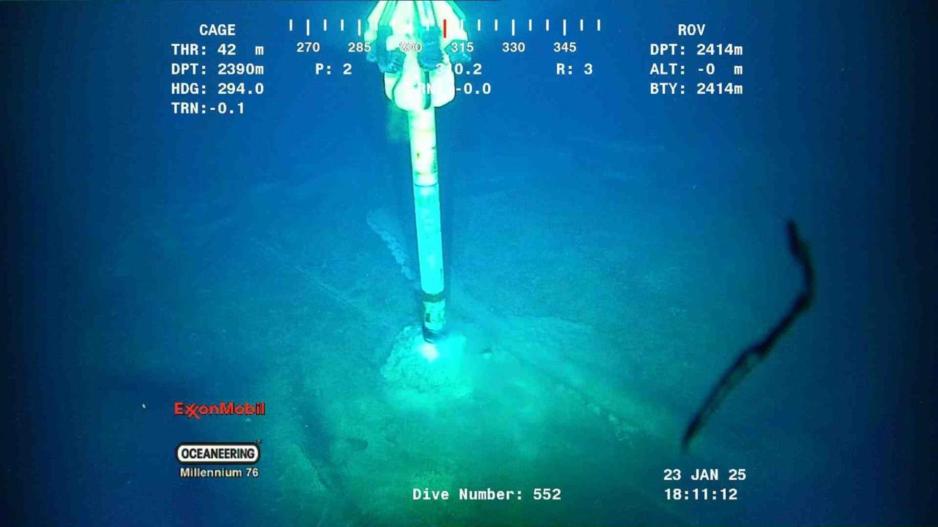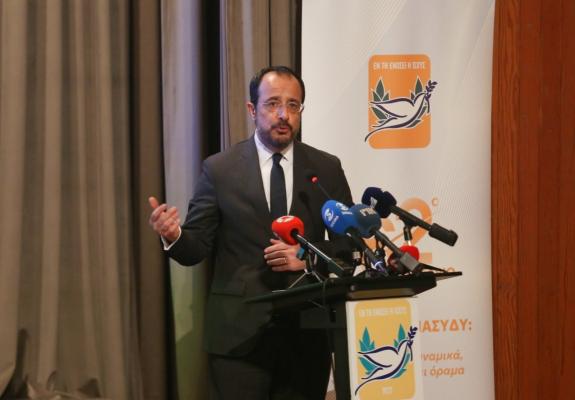Cyprus Awaits Official Elektra Drilling Results Amid Reports of Disappointing Outcome
Energy Minister Confirms Pending Update from ExxonMobil-QatarEnergy on Block 5 Drilling in Cyprus’s EEZ
The Republic of Cyprus is awaiting an official update from the energy consortium by the end of the day, regarding the outcome of the Elektra drilling target located in Block 5 of the country’s Exclusive Economic Zone (EEZ).
In response to a question about a recent publication suggesting disappointing results, Energy Minister George Papanastasiou confirmed only that the government expects formal communication from the company by the end of the day.
A report published Friday by Middle East Economic Survey (MEES), a specialist energy publication, cited sources involved in the drilling operation and claimed that the exploration conducted by ExxonMobil and QatarEnergy did not yield commercially viable quantities of natural gas, despite identifying an active petroleum system. The outcome, the report noted, is considered disappointing given initial expectations of a discovery of up to 30 trillion cubic feet (tcf) of gas.
The Elektra drilling, which began in January using the Valaris DS-9 drillship, reportedly faced technical difficulties due to high pressures, resulting in delays in delivering results. According to MEES, the drillship will now relocate to Block 10, where ExxonMobil and QatarEnergy hold the same stakes (60% and 40%, respectively), to drill the Pegasus target.
Block 10 also contains the Glaucus field (estimated at 3.2 tcf), while the nearby Block 6—operated by Italy’s ENI and France’s TotalEnergies—hosts the Cronos, Zeus, and Calypso discoveries. MEES reports that the Cronos development is advancing, with gas expected to be exported to Egypt's Zohr subsea facilities, targeting first production by 2027.
During his recent visit to the United States, President Nikos Christodoulides held meetings with senior executives from both ExxonMobil and Chevron. The talks focused on exploring synergies to accelerate the development of Cyprus’s offshore gas fields, with particular attention on the Aphrodite field (3.5 tcf). The Aphrodite development plan was approved by the Cypriot government earlier this year and is set to proceed with a pipeline route to Egypt.






